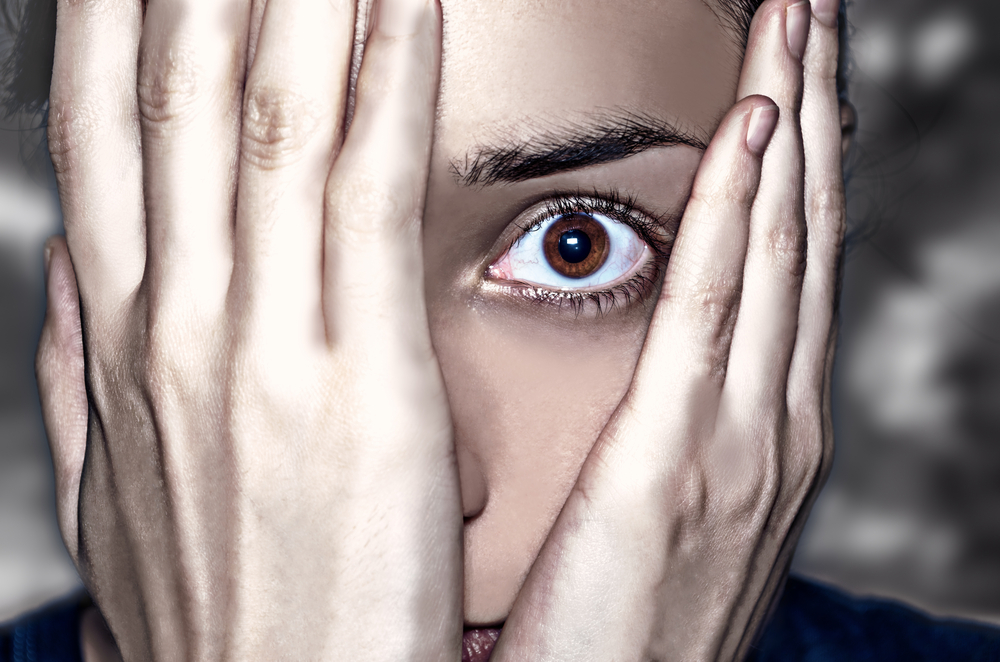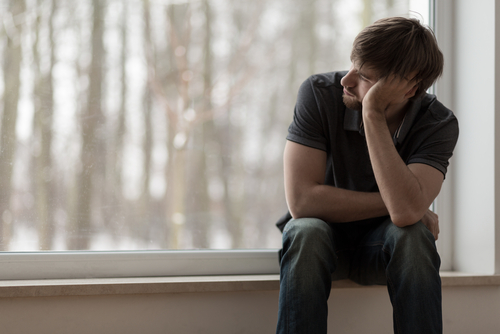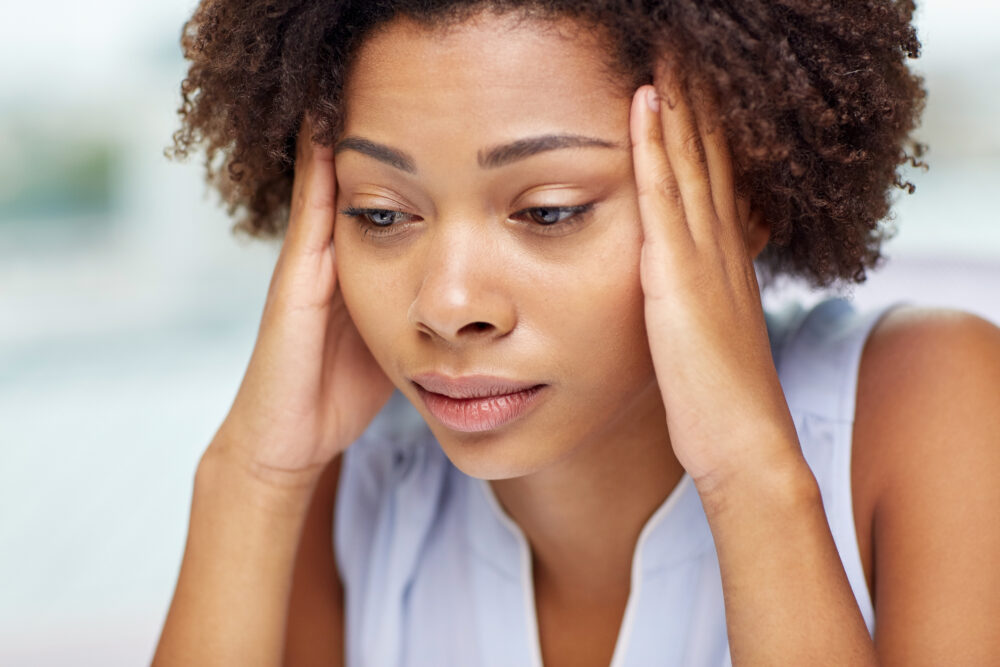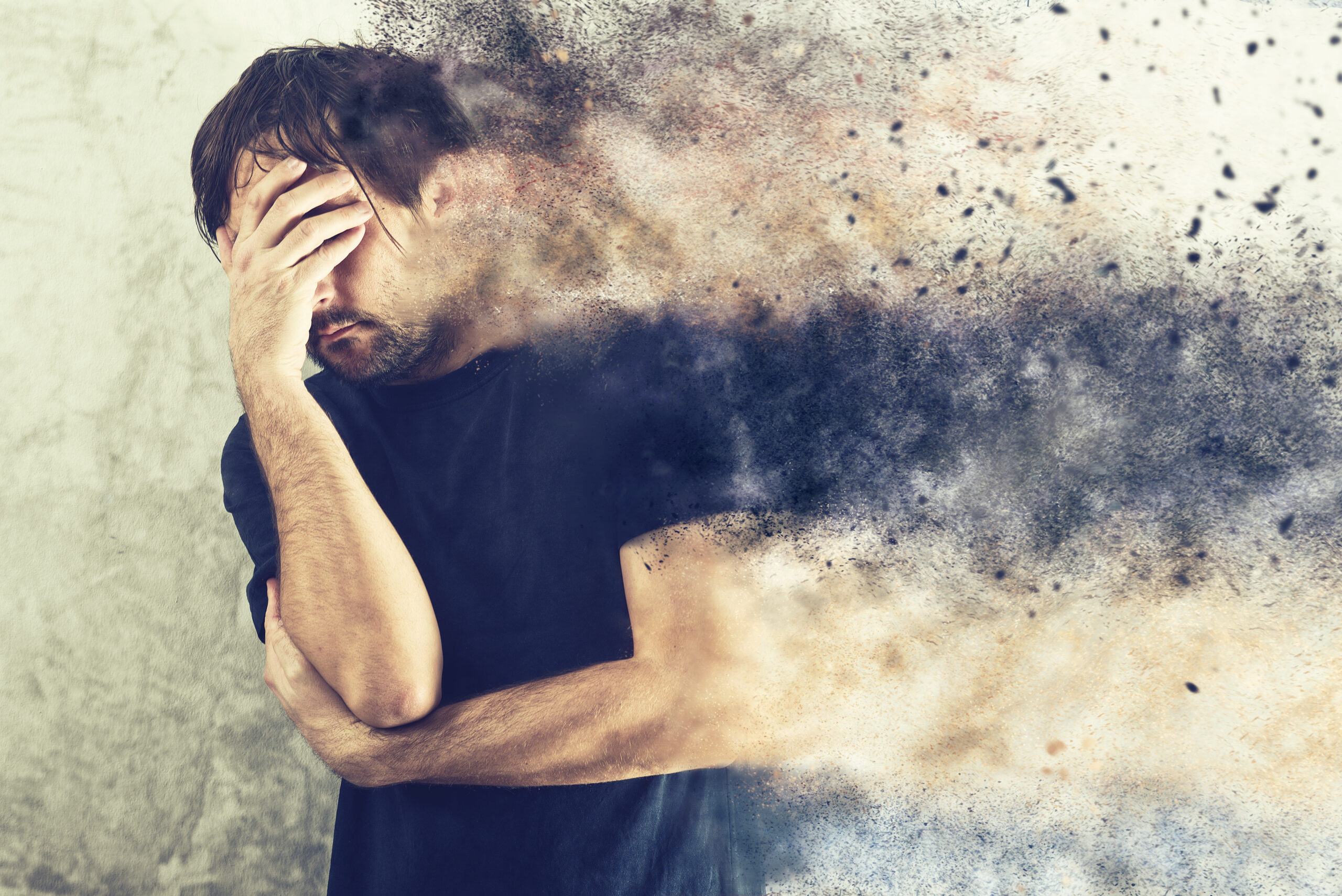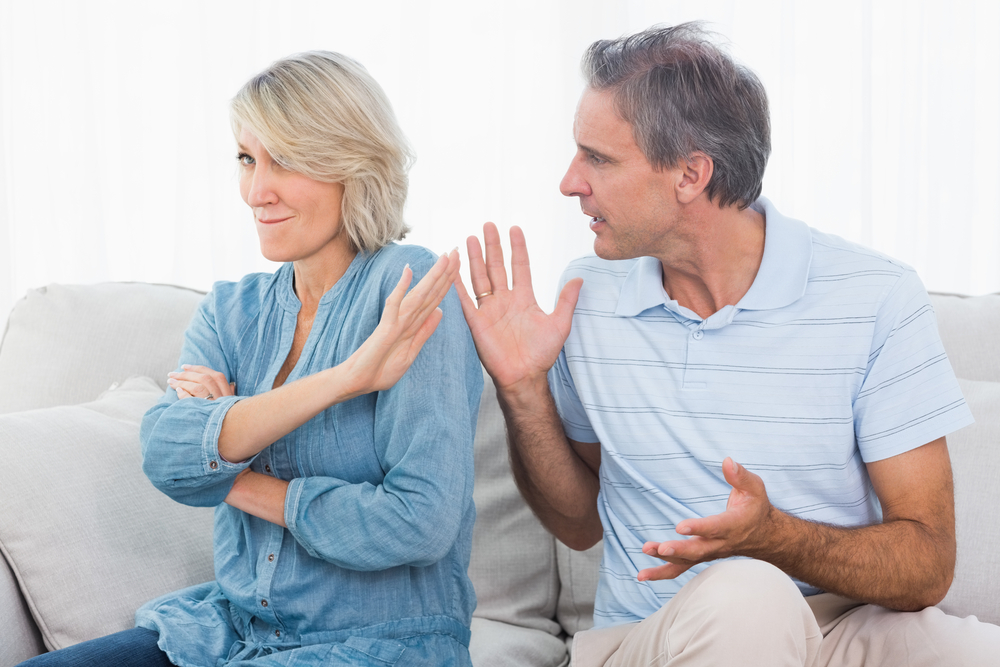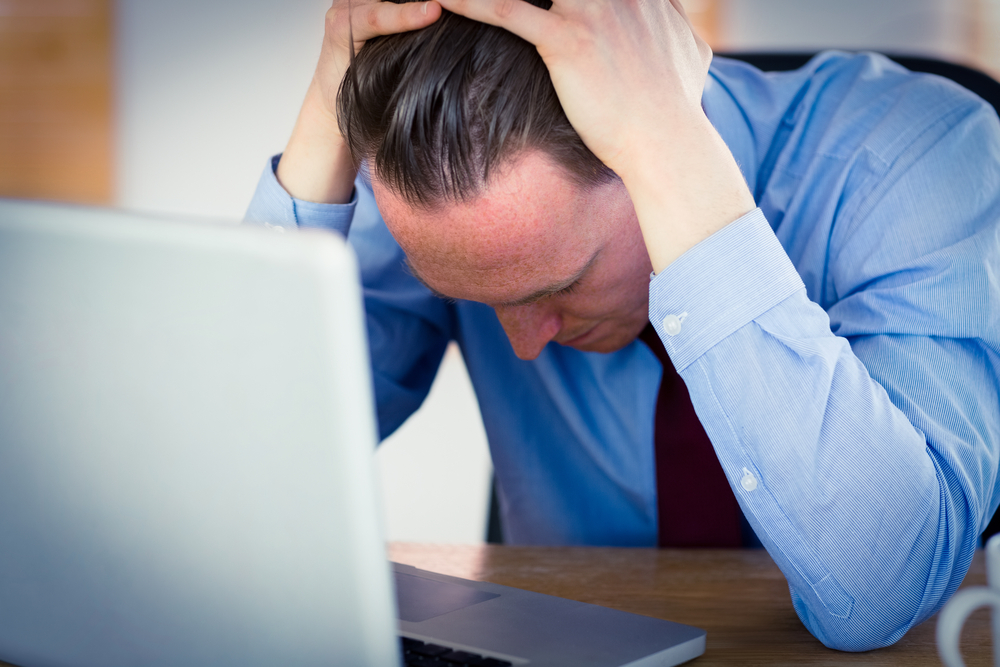Anxiety
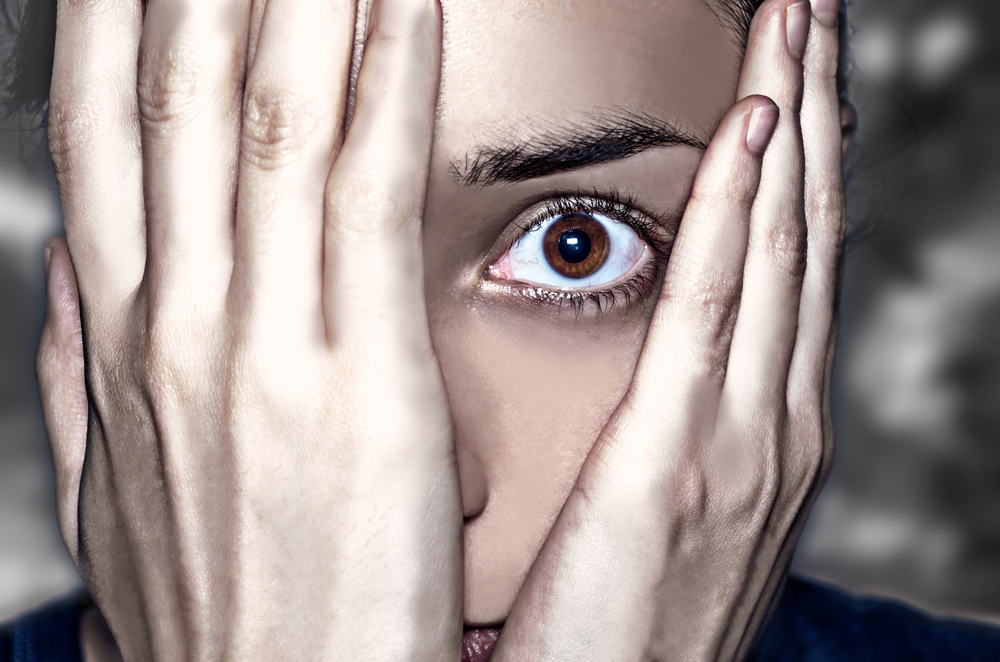

Anxiety Therapists
One of the most used search terms people use when looking for counselling online is ‘how to deal with anxiety’. So we understand what a problem anxiety is for a vast number of people and what a negative impact in can have on your life.
What is anxiety?
Anxiety is what we feel when we are worried, tense or afraid. Particularly about things we think could happen in the future. The “what if’s” in life. Anxiety is a natural human response when we perceive that we are under threat, experienced through our thoughts, feelings and physical sensations.
Anxiety is all about threat and danger (either real or imagined). The fear you experience becomes irrational and out of proportion to the actual threat itself.
We are aware that people can make themselves anxious about almost anything. Such as dealing with work, their relationships, health, walking into a room full of people, flying and so on. An anxiety disorder is a cover term for a variety of neuroses where anxiety is the predominant emotion. Anxiety disorders include the following:-
Generalised Anxiety Disorder (GAD)
You may be diagnosed with generalised anxiety disorder if you have felt anxious for a long time and often feel fearful, but are not anxious about anything in particular. The strength of symptoms can vary.
Phobias
A phobia is an extreme or irrational fear or aversion to something. If you have a phobia, your anxiety will be triggered by very specific situations or objects; such as spiders, heights, and flying or crowded places, even when there is no danger to you. For example, you may know a spider isn’t poisonous or won’t bite you, but this still doesn’t reduce your anxiety. Likewise, you may know that it is safe to be out on a balcony in a high-rise block, yet feel terrified to go out on it or even enjoy the view from behind the windows inside the building.
Many of us have fears about particular objects or situations, and this is perfectly normal. A fear becomes a phobia if it lasts for more than six months, and has a significant impact on how you live your day-to-day life.
Panic disorder
Panic attacks may sometimes occur for no reason and you may not be able to understand why. You may feel as if your mind has gone totally out of control. When you experience panic attacks that seem completely unpredictable and you can’t identify what has triggered them, you may experience panic disorder because the onset of panic seems unpredictable, you may live in fear of having another panic attack.
Obsessive Compulsive Disorder (OCD)
Obsessive thoughts and compulsive behaviour are typical for this disorder. You may, for example, have obsessive thoughts about being contaminated with germs or fear that you have forgotten to lock the door or turn off the oven. You may feel compelled to wash your hands, do things in a particular order or keep repeating what you are doing a certain number of times to ward of the thoughts and anxiety.
Social Anxiety
Is the fear of interaction with other people that brings on self-consciousness, feelings of being negatively judged and evaluated, and, as a result, leads to avoidance.
Post-traumatic stress disorder (PTSD)
If you have experienced or witnessed a very stressful or threatening event, e.g. war, serious accident, violent death or rape, you may later develop post-traumatic stress disorder. You are likely to experience flashbacks and have dreams about the event, and these are likely to trigger strong anxiety and feelings you experienced during the actual event.
Separation Anxiety
This is an excessive and debilitating fear of being away from home or away from the people you care about.
Health Anxiety
Health anxiety is an irrational worry about having an illness. Those affected by health anxiety have an obsessional preoccupation with the idea that they are currently (or will be) experiencing an illness.
Situational or Anxiety
This includes performance anxieties, such as exam nerves, fear of public speaking, stage fright and psychosexual dysfunction, or a fear of life changing events, such as getting married or changing jobs.
How CBT and Counselling can help
It’s not a situation in itself that causes us distress, it’s how we view it or what our beliefs are about it. For instance, if someone has a fear about going in a train, they blame the train for ‘making them feel anxious’. However, to put that in to perspective. If the train were really responsible for evoking anxiety. Why aren’t we all anxious when travelling on a train?
Research shows, that the most effective treatment in the help for anxiety is through either counselling or cognitive behavioural therapy. Firstly, to try and understand when or why the anxiety first started. Secondly, to challenge any underlying distorted thinking patterns and change unhelpful behaviours.
This means gradually exposing sufferers to the situations they fear. It’s not until someone changes their behaviour in response to their irrational beliefs that they will start feeling better for the long term.
Both Cognitive Behavioural Therapy and counselling helps people view the feelings of panic in a different way and demonstrates how this will in fact reduce the anxiety.
if you would professional anxiety therapists. Please contact us at CBT and Counselling Kent today. Request an appointment
Further reading on anxiety help and self- help
‘Making Friends with Anxiety’ A warm, supportive little book to help ease worry and panic – by Sarah Rayner (2014)
‘Free Yourself from Anxiety’ A Self Help Guide to Overcoming Anxiety Disorders’ by Emma Fletcher and Martha Langley (2009)
‘Overcoming Anxiety’ – A Self-Help Guide’ by Helen Kennerley (1997)
Charity Helpline
Anxiety UK – Information, support, and a dedicated helpline for UK sufferers and their families. Anxiety UK Link Helpline – 03444 775 774
Mind – https://www.mind.org.uk/
- Mind Infoline on 0300 123 3393
- Email info@mind.org.uk

